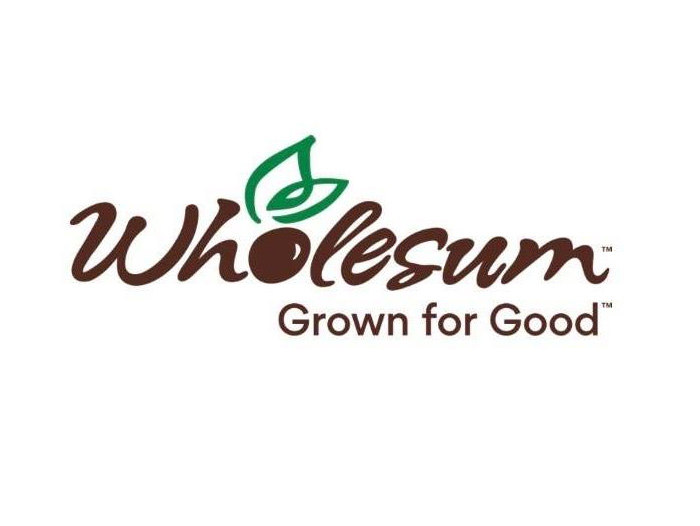Wholesum Shares Their 2020 Social and Sustainability Efforts in Annual Conscientious Company Report
June 7, 2021 | 3 min to read

AMADO, ARIZ. – Wholesum, Fair Trade Certified growers of fresh organic produce, published its annual Conscientious Company Report this week which highlights the company’s commitment to continual improvement in social and environmental responsibility. It details efforts and advances in energy use, ecosystem and community support, fair trade reach and other areas where the family farms showcase their responsibility. The report also highlights the company’s progress towards the UN Sustainable Development Goals. Wholesum officially joined the UN Global compact in 2018 and has been working towards SDG’s 12 and 5.
“We take a holistic approach to sustainability, demonstrating responsibility to all of our stakeholders across the supply chain including the natural systems in which we grow all the way to the end consumer,” says Ricardo Crisantes, Chief Commercial Officer of Wholesum. “Through our sustainable and innovative practices, we bring value to all.”
For the fifth consecutive year, Wholesum has conducted the assessment of their sustainability efforts made throughout the year and summarized them in the annual report to share with their stakeholder community. Here are the highlights:
- Restatement of the company mission vision and values for better alignment with their strategic initiatives.
- 37 acres of new tomato greenhouses built at Wholesum Farms Pacific for increased organic production.
- Increase in renewable energy use by 7%, they now use 44% renewable energy across the farms.
- 18% of irrigation water was captured and recirculated to water crops at Wholesum Farms Arizona equaling to 16 million gallons.
- 1.6 million pounds of produce donated and $23,000 in donations made to different organizations in support of social causes.
- $1.29 million in Community Development Funds generated from sales of Fair Trade Certified produce for impactful projects related to healthcare, education, housing and other community needs. The highest since becoming Fair Trade certified, summing to over $5.8 million in impact since the inception of the program.
- Achieved the 2020 goal of identifying 100% of inputs and classifying them as renewable or nonrenewable. This effort was to help understand the consumption patterns throughout the production process and build a roadmap to move from non-renewable to renewable inputs where possible.
“At the onset of Covid-19 there was a lot of speculation about sustainability taking a backseat as a top priority for companies as they addressed more immediate concerns. At Wholesum, sustainability has been and will continue to be an integral aspect of our operations. If anything, the pandemic has given us a chance to reflect on the importance of the availability of healthy food and the value of the people who grow it!” Crisantes stated.
To learn more about Wholesum’s 2020 Conscientious Company Report, visit their website: https://wh.farm/sustainably-grown.html.
About Wholesum:
Wholesum, third generation family-owned and operated farms based in Southern Arizona are growers and distributors of Fair Trade Certified, organic produce. With over 90 years of farming experience, Wholesum is dedicated to creating a more noble food production system that nourishes people and the planet through responsible growing practices, twenty plus years of organic production, equitable labor practices and environmental protection. They are also pioneering in the fair trade movement as the first Fair Trade Certified farm in the US and partner with organic growers with the same mission and commitment. Wholesum provides a year-round supply of high-quality organic fresh vegetables that are Grown for Good. More information is available at www.wh.farm.
